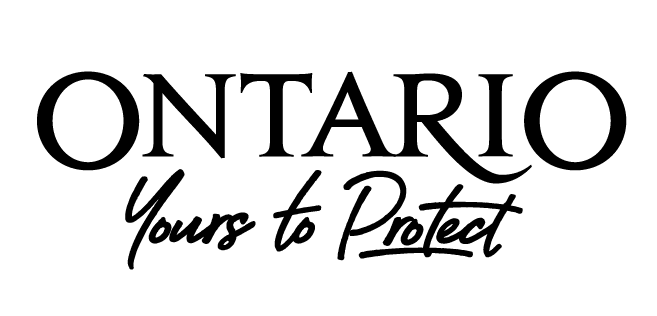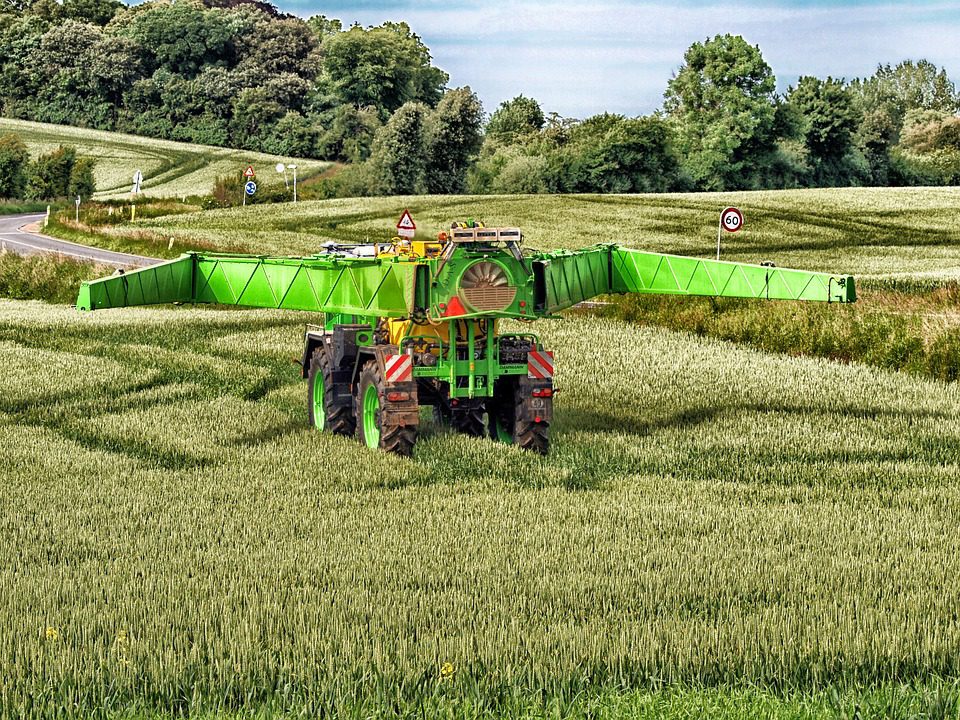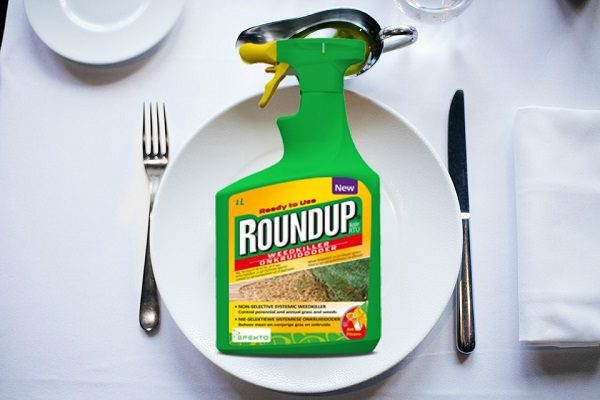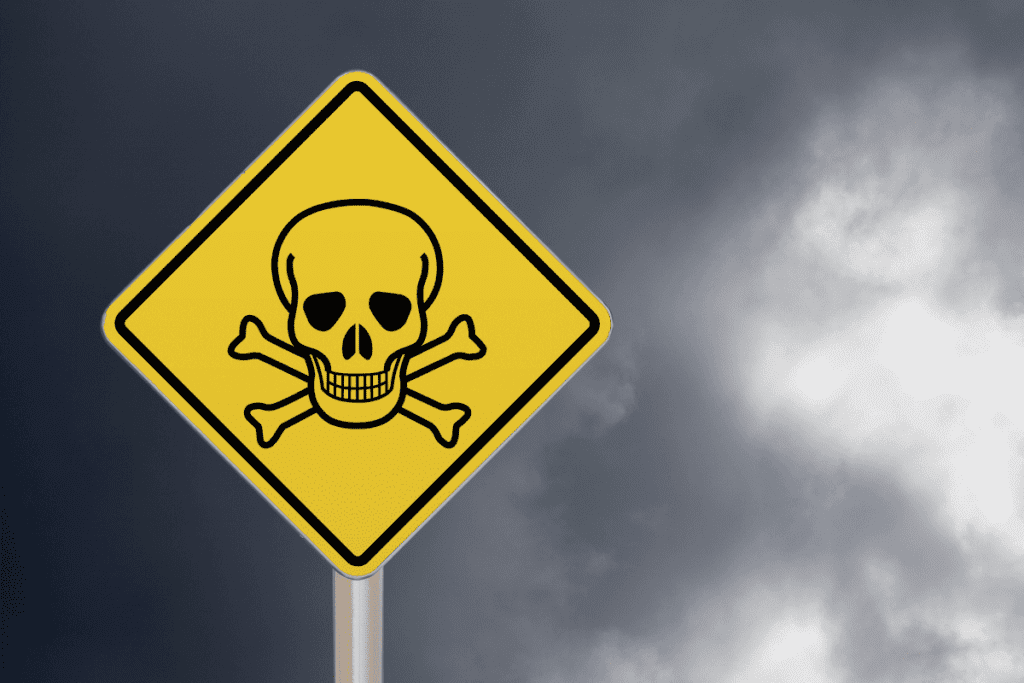A couple months ago I wrote a blog on how, despite compelling evidence of health and environmental harms posed by glyphosate, Health Canada continues to believe that this herbicide is safe. (Check out Part 1 of the blog here). In short, glyphosate is the key ingredient in Monsanto’s Roundup (now owned by Bayer) and is the most widely used herbicide in Canada and worldwide. In 2015, the World Health Organization’s (WHO) International Agency for Research on Cancer (IARC) declared glyphosate a “probable carcinogen.” The WHO came to this conclusion relying largely on independent studies (not industry-affiliated). By contrast, Health Canada concluded that this herbicide doesn’t pose a significant risk and decided to renew the registration for another 15 years. The problem: internal industry documents revealed through a landmark court case in the U.S. show that Monsanto has deliberately manipulated scientific research and that Canada and other countries may have relied on this research.
In short, glyphosate is the key ingredient in Monsanto’s Roundup (now owned by Bayer) and is the most widely used herbicide in Canada and worldwide. In 2015, the World Health Organization’s (WHO) International Agency for Research on Cancer (IARC) declared glyphosate a “probable carcinogen.” The WHO came to this conclusion relying largely on independent studies (not industry-affiliated). By contrast, Health Canada concluded that this herbicide doesn’t pose a significant risk and decided to renew the registration for another 15 years. The problem: internal industry documents revealed through a landmark court case in the U.S. show that Monsanto has deliberately manipulated scientific research and that Canada and other countries may have relied on this research.
Since Part 1 of this blog series, three new revelations have come to light through investigations done by Radio-Canada. These revelations reinforce our concerns about Health Canada failing to protect the health of Canadians and the environment.
- Glyphosate actually contaminates much more of our food than we thought… and Health Canada knew
In 2016, the Canadian Food Inspection Agency (CFIA) published a report on glyphosate contamination in food. The CFIA found glyphosate in 30 per cent of the foods tested (including grain products and infant cereals). Some foods (such as chickpeas) even contained levels of the herbicide that were higher than what Health Canada deems “safe.”
 But what the CFIA left out of this report was data for wheat, corn and oats. Radio-Canada revealed that, in fact, 80 per cent of wheat samples and 74 per cent of oat samples were contaminated with glyphosate. This is consistent with our What’s in your lunch? study where we found 80 per cent of food products that we tested contained glyphosate. What remains unclear is why Health Canada chose not to publish the data on wheat, corn and oat contamination in its 2016 report or in a follow-up report it planned to publish in 2018.
But what the CFIA left out of this report was data for wheat, corn and oats. Radio-Canada revealed that, in fact, 80 per cent of wheat samples and 74 per cent of oat samples were contaminated with glyphosate. This is consistent with our What’s in your lunch? study where we found 80 per cent of food products that we tested contained glyphosate. What remains unclear is why Health Canada chose not to publish the data on wheat, corn and oat contamination in its 2016 report or in a follow-up report it planned to publish in 2018. - New study finds that people with high exposure to glyphosate are at an increased risk of developing non-Hodgkin lymphoma (NHL)
A new meta-anaylsis (review of evidence), published in February, revealed that people with the highest levels of exposure to glyphosate, such as farmers and pesticide applicators, face a 41 per cent increased risk NHL, a form of cancer affecting the lymph system. - New court ruling in the U.S. against Monsanto’s Roundup
Last month, a federal court jury ruled that the glyphosate-containing product Roundup was responsible for another person’s NHL. This is the second court ruling in the U.S. (after Dewayne Lee Johnson) confirming that Monsanto’s product causes cancer. This ruling could have important implications on the more than 10,000 court cases that have been filed by cancer patients against the company.In light of these recent developments and the consistent body of evidence on glyphosate’s harms, Environmental Defence alongside other health and environmental groups are calling on Health Canada to establish an independent panel of experts to review the evidence and ensure regulatory decisions are not influenced by industry interests.
The time to act is now. Sign this petition to demand that Health Canada conducts an independent review of glyphosate so that Canadians and our environment are protected from this harmful herbicide.






 But what the CFIA left out of this report was data for wheat, corn and oats.
But what the CFIA left out of this report was data for wheat, corn and oats. 


